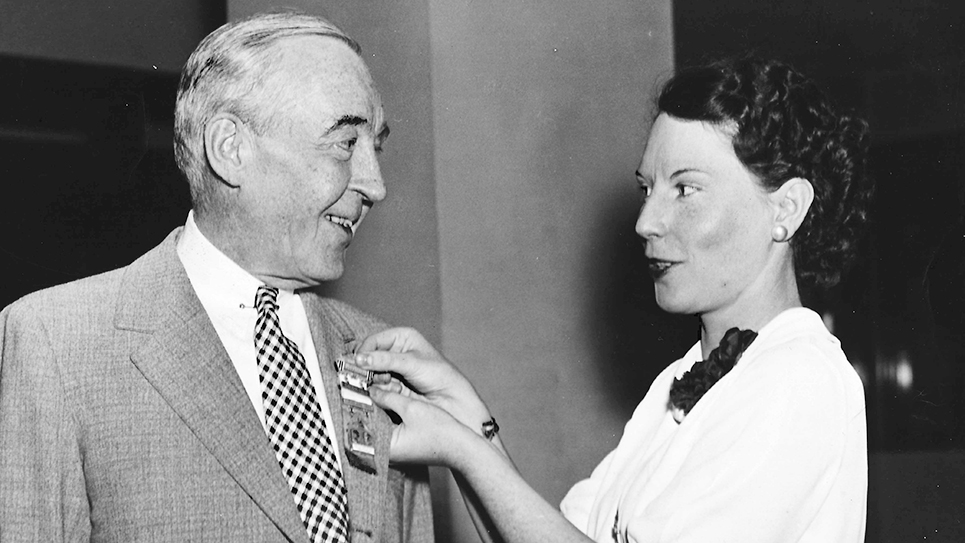How can California mandate the sale of only cage-free eggs?
By Dr. Harold A. Black
blackh@knoxfocus.com
haroldblackphd.com
It took an act of Congress to repeal the California mandate banning the sale of gas-powered vehicles. I presume that it was another act of Congress that gave California the power in the first place. California’s mandate said that in 2035 and thereafter, no gas vehicles could be sold in the state. I guess that this would mean that California residents who would then go out of state to buy a car could no longer get them registered in California. This is ironic because if the move to ban the sale of new gas cars is predicated on the environment, perpetuating the sale of older gas cars would mean keeping vehicles that pollute more on the streets. I also presume that Californians would be prohibited from buying used cars and registering them in the state. If not, this would lead to the common practice in China, now being addressed by their government, in which a new car is registered and sold as used. That way, Californians would be able to buy a new “used” car and register it in the state.
Was California given an exemption to legislate that only cage-free eggs can be sold in the state? Since the California market is so large, out-of-state egg producers who wanted to sell in the state were forced to comply with the California regulations. This was one of the reasons why egg prices were high, especially in California, where customers cannot purchase the cheaper non-cage-free eggs. There is something called the Egg Products Inspection Act (no kidding), which bars states from requiring “the use of standards of quality, condition, weight, quantity, or grade which are in addition to or different from the offcial Federal standards.” Doesn’t that mean that California violated the Egg Act by imposing conditions that are “different from the official federal standards” if it wasn’t granted a waiver? That is eggs-actly what it seems to me. So Trump’s Department of Justice has just filed a suit to roll back California’s cage-free egg mandate. This will give Californians a choice like the rest of us. Did you know that when the avian flu hit, we imported 420 million from Turkey? Were these eggs cage-free? Were they allowed in California? Did Trump put a tariff on Turkish eggs? Obviously, they constitute a threat to national security.
I had never seen cage-free eggs in the stores before the California mandate. Now they are in every store alongside eggs produced by hens in bondage. There is now a market for cage-free eggs. Some folks will buy them because they cite animal cruelty reasons. Others contend that cage-free eggs taste better. A certain brand of brown eggs used to be my favorite before the avian flu caused those eggs to disappear from the shelves. They are back, but I am now buying another brand’s extra-large white cage-free eggs instead of their brown ones because they are cheaper, and I cannot taste any difference. They are egg-cellent.
I am personally appalled that some chickens are stacked inside a cage for their egg-laying life. But cage-free does not mean free range. If the hens are kept in barns where one square foot is available per hen, it qualifies as cage-free. Still not an ideal situation if you sympathize with the hens. However, “free range” is no panacea either. Free range simply means that the hens have access to an outdoor space. But there is no rule dictating what constitutes the outdoor space, like its minimum dimensions. I guess that the most humane conditions would apply to pasture-raised chickens – but watch out for the coyotes.
I am also appalled at the living conditions for chickens raised for the table. I see the trucks stacked with chickens piled on top of each other going to slaughter. When I was growing up, my grandparents raised chickens at their Georgia farm. They were certainly free-range but not pasture-raised. They wandered all over the place but stayed mostly close to the house. They would be pecking all over the place. My grandfather gave them open access to the bottom of the outhouse, where they engaged in solid waste disposal. I don’t remember how the eggs or the chickens themselves tasted. But my sainted mother, to her dying day, bemoaned the taste of modern eggs and chickens.






